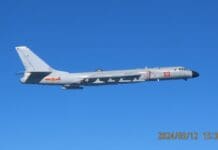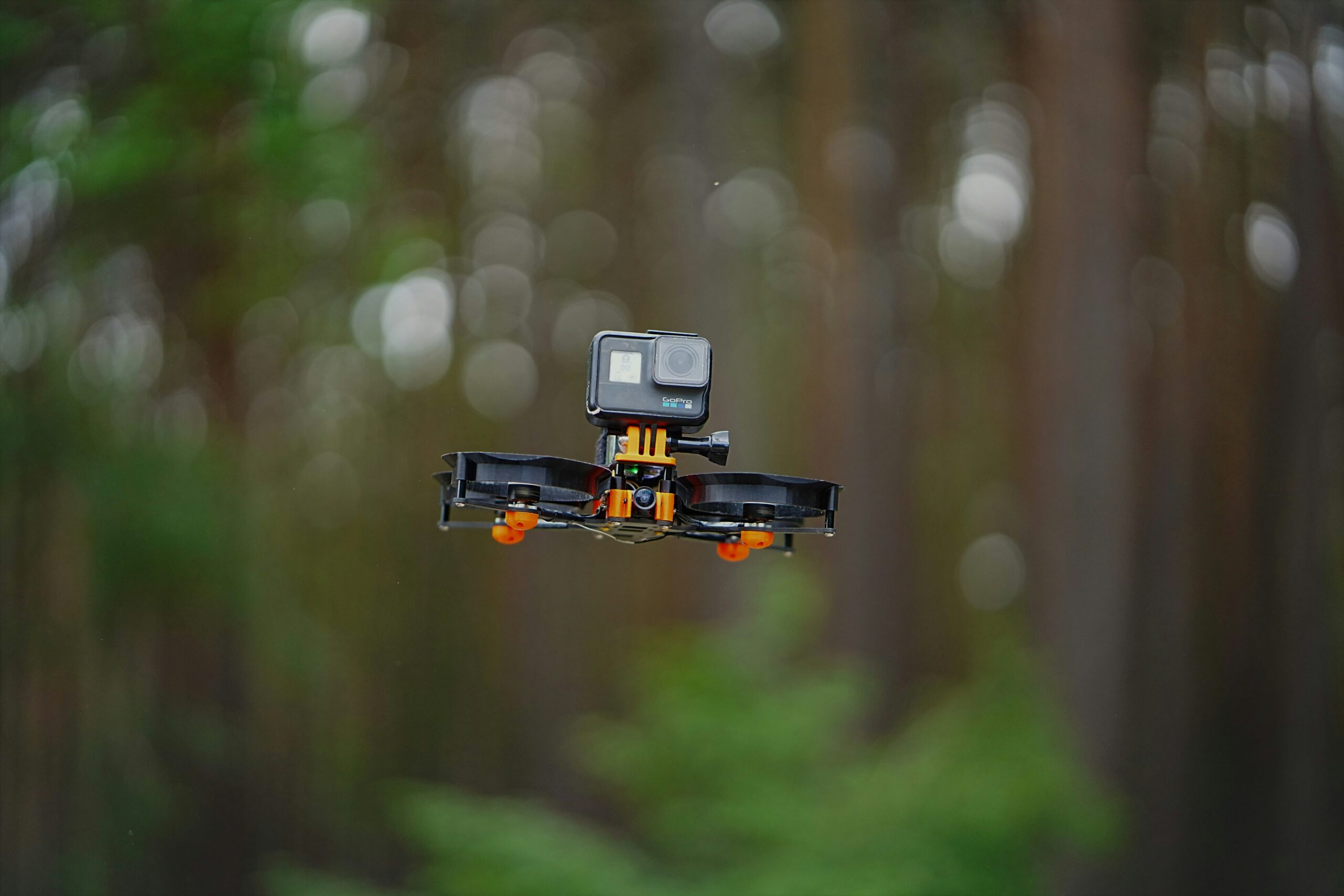This post is also available in:
 עברית (Hebrew)
עברית (Hebrew)
Airbus reports that AI is set to play a vital role in the development of the various systems under the Future Combat Air System (FCAS, an effort of collaboration between Germany, France, Spain, and Belgium) and will impact the way in which the final aircraft operates and how its pilots will function.
The main innovation is that the platform’s main aircraft will use drone wingmen to suit various purposes, which will be able to take on various responsibilities like gathering data, adding to firepower capabilities, etc. These wingmen must have some autonomous decision-making capabilities to lessen the burden on pilots, and so building an appropriate AI model is crucial for the success of the FCAS project.
NeuralAgent is the company charged with ensuring the constancy of the data exchange process in the FCAS platform’s aircraft and drones. CEO Onur Deniz explains that their approach will allow the drone wingmen to take autonomous decisions on their own, rather than taking it from a centralized command. They will also be able to continuously relay data to their peers and the command center.
According to Interesting Engineering, simulation tests with drone wingmen using this approach showed very positive results, with 95% success in war-like situations. Deniz stated in a report that by the end of 2025 “the software will be ready for integration into existing hardware – legacy systems, at first.”
FCAS is explained to be centered around a core Next Generation Weapon System (NGWS), in which piloted New Generation Fighters will work together with Unmanned Remote Carriers while all are connected to other systems in space, in the air, on the ground, at sea, and in cyberspace via a data cloud called the “Combat Cloud.”
This project is expected to be another major step towards achieving full collaborative combat by 2040 to replace military systems like Rafale and Eurofighter.


























